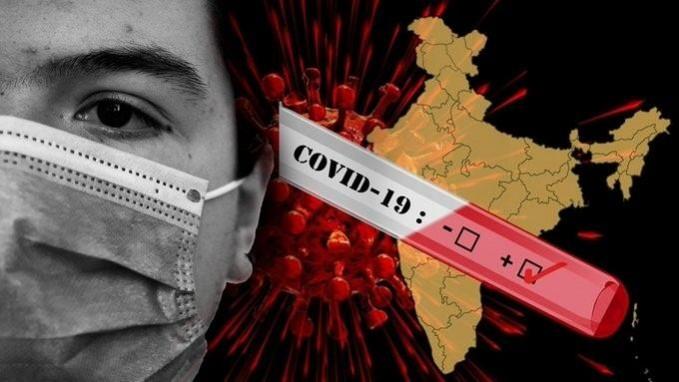The second wave of the pandemic has waned in India, and the country is slowly returning to a state of normalcy. However, in several countries like Germany, the fourth wave of the pandemic is wreaking havoc, and medical experts believe that unvaccinated people are more vulnerable to developing serious Covid-related complications.
Lockdown for unvaccinated people in Austria
In an interesting move, the Austrian government has imposed a lockdown for unvaccinated people in the country. The decision has been made to combat a massive regional resurgence of the coronavirus in the nation.

Currently, the lockdown is implemented until November in the Alpine country of 8.9 million. The lockdown is not applicable for children under the age of 12, as they cannot yet officially get vaccinated.
Strict police patrolling is initiated to find unvaccinated people who break lockdown rules, and they will be fined up to 1,450 euros ($1,660).
"We really didn't take this step lightly and I don't think it should be talked down. This a dramatic step — about 2 million people in this country are affected ... what we are trying is precisely to reduce contact between the unvaccinated and vaccinated to a minimum, and also contact between the unvaccinated," Chancellor Alexander Schallenberg told Oe1 radio.
Will the same measure be implemented in India?
In India, the second wave of the pandemic has slowed down. Educational institutes, movie theaters, and other public places are now open, and medical experts believe that there could be a surge in cases if strict social distancing measures are not followed. Moreover, states like Kerala are still reporting a considerably high number of cases, and it may even allow the virus to mutate.
If a third wave hits India, vaccinated people may be at low risk, but a majority of people who are not completely vaccinated may face serious risks. In that case, even the Indian government may also think of embracing the action plan adopted by the Austrian government.














